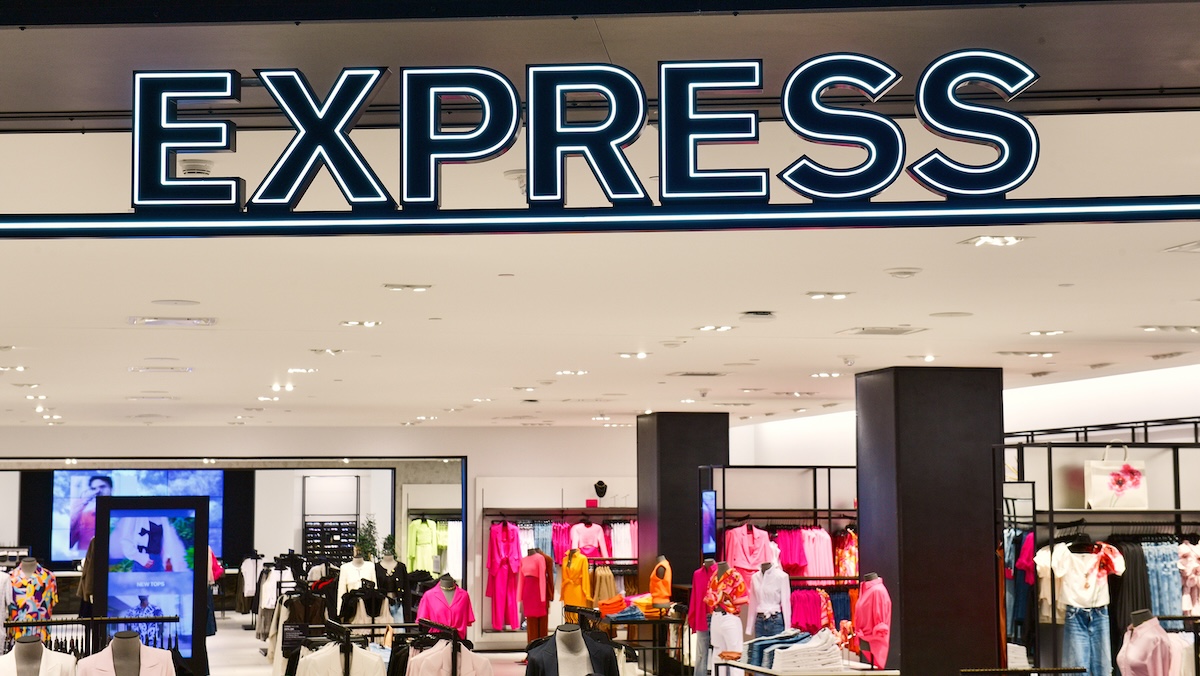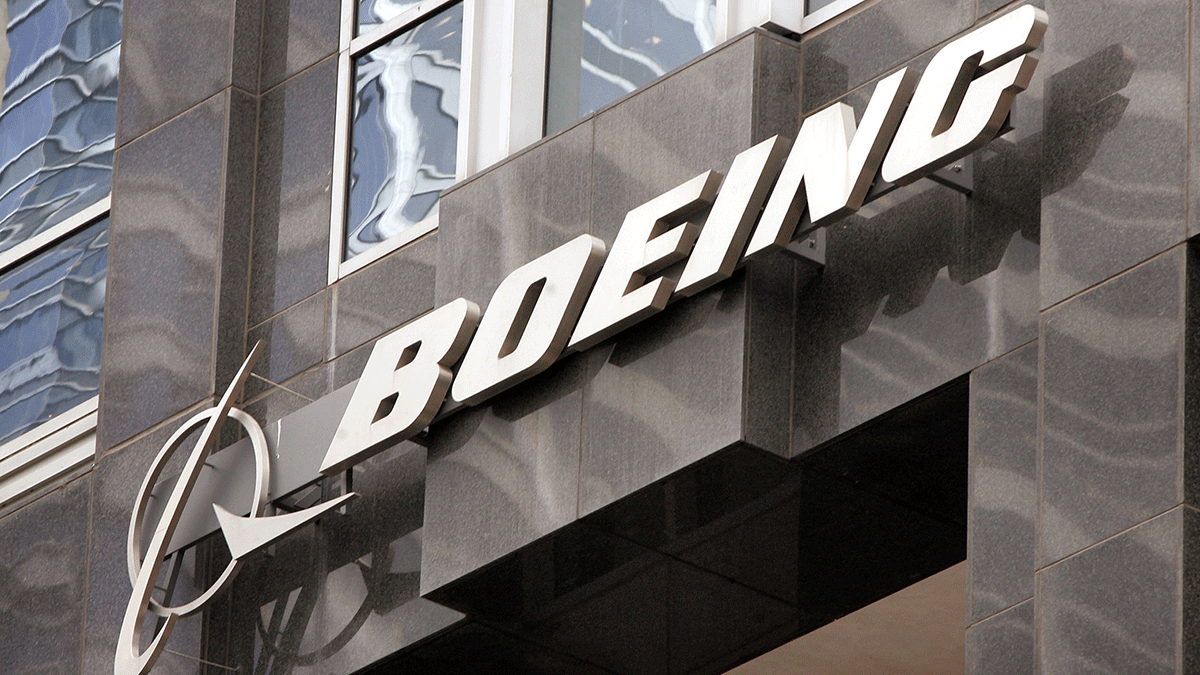Jumping into the music business during an economic recession may seem like financial and career suicide. But artist manager and music promoter Charles Swift, who's been working in the industry for 16 years,suggests otherwise.
In nearly two decades, Swift has helped promote acts like Snoop Dogg, Twista, and Eminem. But when he started losing interest in hip-hop -- "it's becoming bubble-gum rap more than anything" -- he decided to follow his heart and promote St8 Of Grace, a friend's alt-rock band, and thus dive into a new genre for his career.
I called up Swift to talk about how to market a band in the rapidly changing music-biz landscape and also how folks who want to manage friends' bands can stay objective.
So this is very broad, but how do you market a band?
Charles Swift: You know what? Branding. I try to handle it like a product. I've been in marketing and advertising now for about 16 years, and you gotta know your product. From that aspect, you know how to reach out. If you know your product, you know who your consumers are. I was in the rap industry for a long time. I was actually Twista's promoter for 12 years -- through that I promoted for Eminem, Snoop Dog, Beyoncé.
What's really funny is my buddy who's the lead singer of the band used to be a producer in the rap industry. What I did was kinda change it and [spin it as] "former rap producer turns rock star." That's how I've been marketing it to the rock industry, rather than just being some guys who want to be in rock. It's kinda odd to have a rap producer go into rock after so many years.
I had try and get people familiar with [the band]. That's the process I'm in right now. What I did was I made a bunch of promotional materials -- buttons, pins, mouse pads -- and I bought the guys ties. No matter where they went we'd leave something with their name there. Every show that we've done, we leave that behind. That's how we've built our fan base from nothing.
Business
You mentioned leaving stickers behind wherever the band goes, which is a very grassroots PR tactic. How have you guys embraced newer technologies available today to help give your band a bigger push?
Today's tech gives a "bonus" type way to promote, being that paper promotional materials that are in your face last longer but they're more expensive to distribute. Today's tech helps us be quicker with artwork, creativity, and new music singles. Tech helps engage the public almost immediately, which helps start the artist branding process.
Is your process the same from band to band, or is it more flexible?
It depends. See, this is alternative rock. So you really gotta look for your consumer. With rap I had all of Chicago because you've got rap listeners all over. But in the rock industry, I had to pick areas like Bridgeport and Justice, Illinois. I had to look at the North Side versus the South Side. Immediately with the south, you wouldn't look at a huge rock crowd. From Englewood to 79th, that wouldn't be a rock consumer. But if I go from Bridgeport to downtown and start traveling further north, you start getting different consumers that way. I picked those record stores that were going north and solicit product to them or shoot them a one-page or an EPK and let them know we were a new band that was coming out.
What I first do is I usually send out paper first, like an introduction. One thing I've learned about introducing new products is the way you introduce it, and then the follow-up. First you send the paper and send an MP3 or a WAV file to tie the two together. And then I'd send a pen or some kind of product that we've made once we have someone's attention. For the retail stores, I send out a package: a one-sheet, a CD, and a bio. I utilize that as well for getting us gigs, the same process.
What are common mistakes you see from others when going through this process?
I think people just get tired of reaching out for new places to play music. Alternative rock being a new genre for me, it's pretty unlimited to me. But I found in the rap industry after a while your reach to consumers grinds to a halt. Radio stations don't do music days anymore. There used to be a time where you'd call the station and take your product there to have it heard by program directors. That process has been eliminated now. [Laughs.] It makes things harder. Trying to create a way to build a recognition is hard.
How have you been able to utilize promotional tactics you used on artists like Eminem or Beyoncé on this latest project?
Currently, just like back then I use vehicle promotion in order to support new music awareness projects.
A lot of people reading this are likely to be wanting to manage friend's bands -- which can be tough to do objectively. Do you have any advice for people like that?
If you've got a friend who's really good at their music, invest the time into it and test it. You might want to have an event like a listening party so other people outside your immediate circle can listen and say their opinion. Another thing would be to send it out to college radio stations. They're brutally honest. [Laughs.] That's a good way of getting a cold splash of water on your face if your product is not good.



